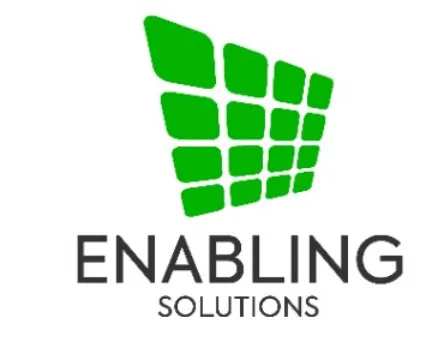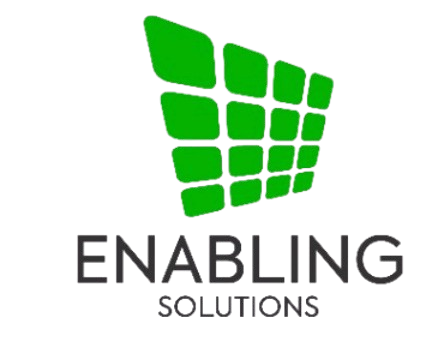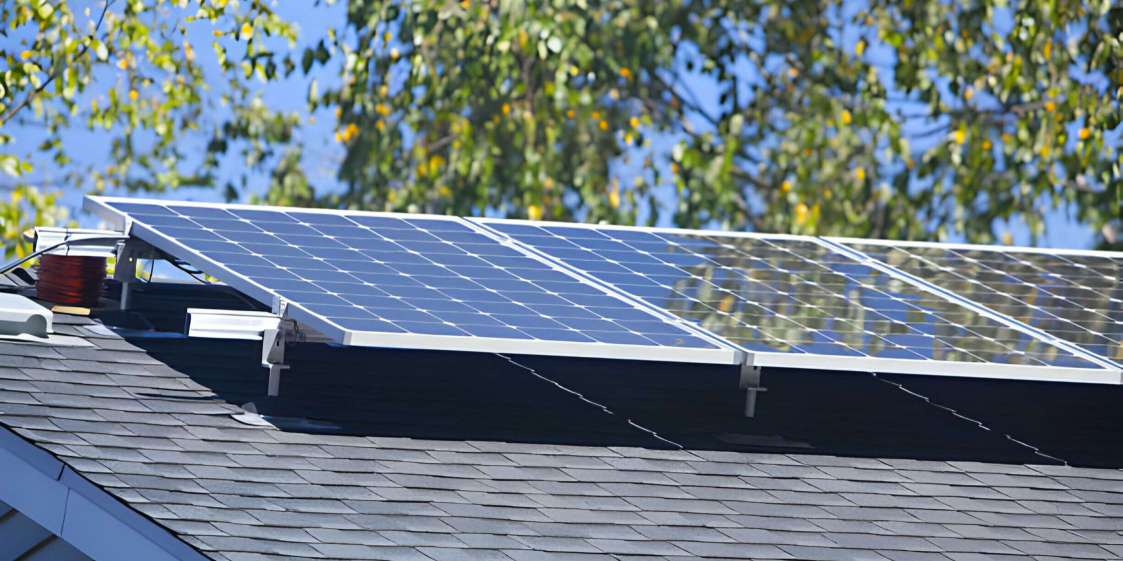
People in Pakistan are adopting solar energy system due to high electricity costs. Power cuts are also a driving factor. Solar energy system are a reliable and affordable way to use sunlight for power. The interest in solar products is making Solar Inverters Prices in Pakistan change.
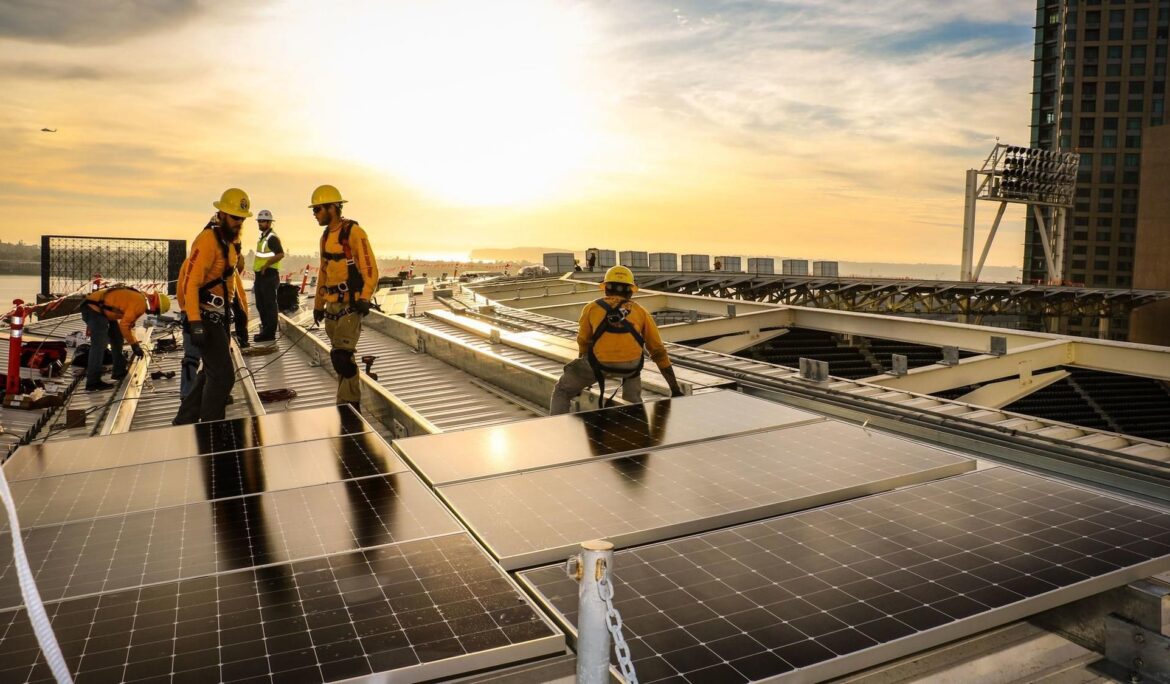
Solar Industry Bright Future Era: As we approach 2023, Pakistan’s solar energy industry is poised for monumental growth that will transform the country. You have likely noticed the increasing number of solar panels popping up on rooftops in your neighborhood and community. This visible shift is just
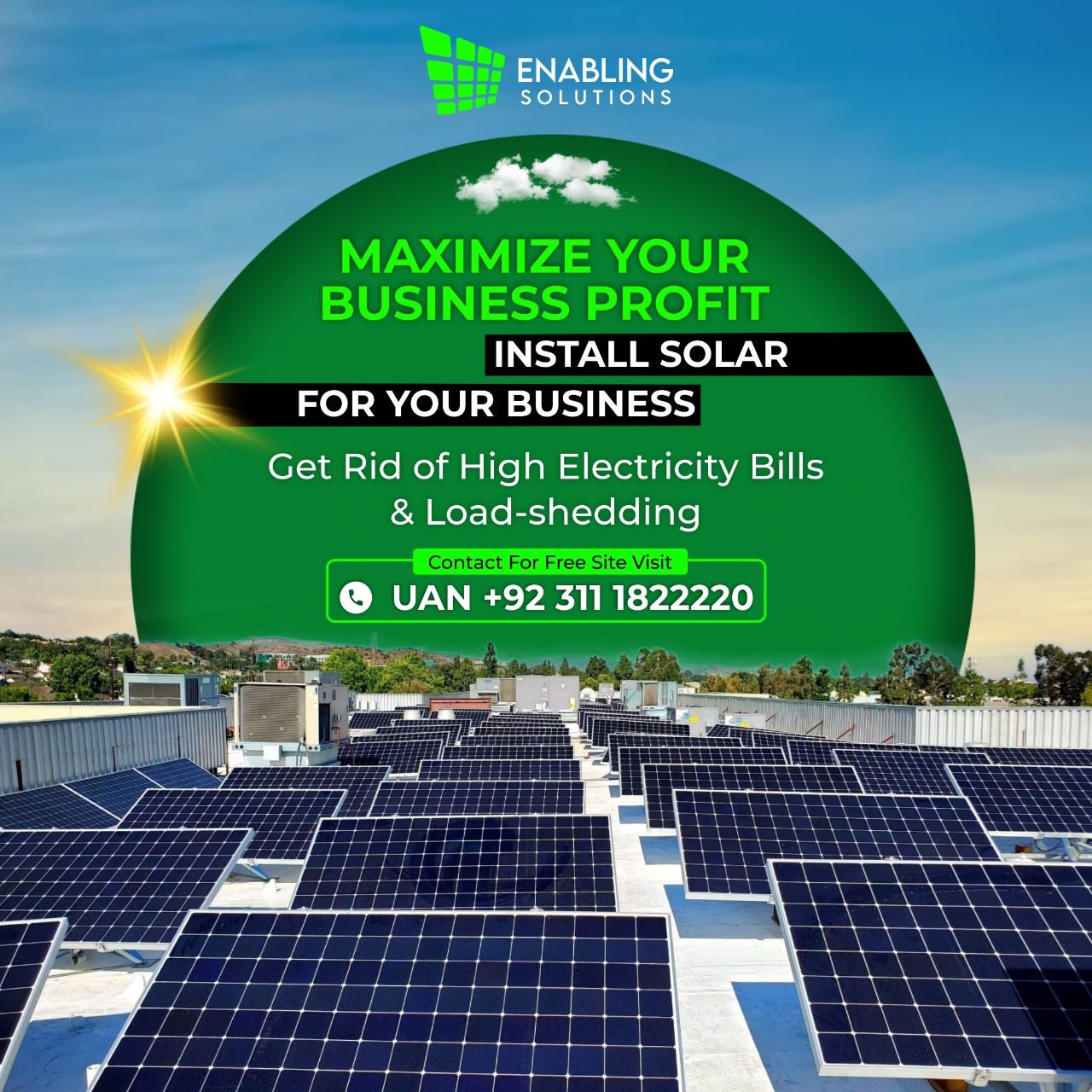
The Solar Panel Scheme 2023 presents an exceptional opportunity for eligible applicants, endorsed by the Prime Minister, to secure substantial funding ranging from Rs. 400 million to an impressive Rs. 6 billion. With a low markup rate of 6% and a repayment period of up to 12
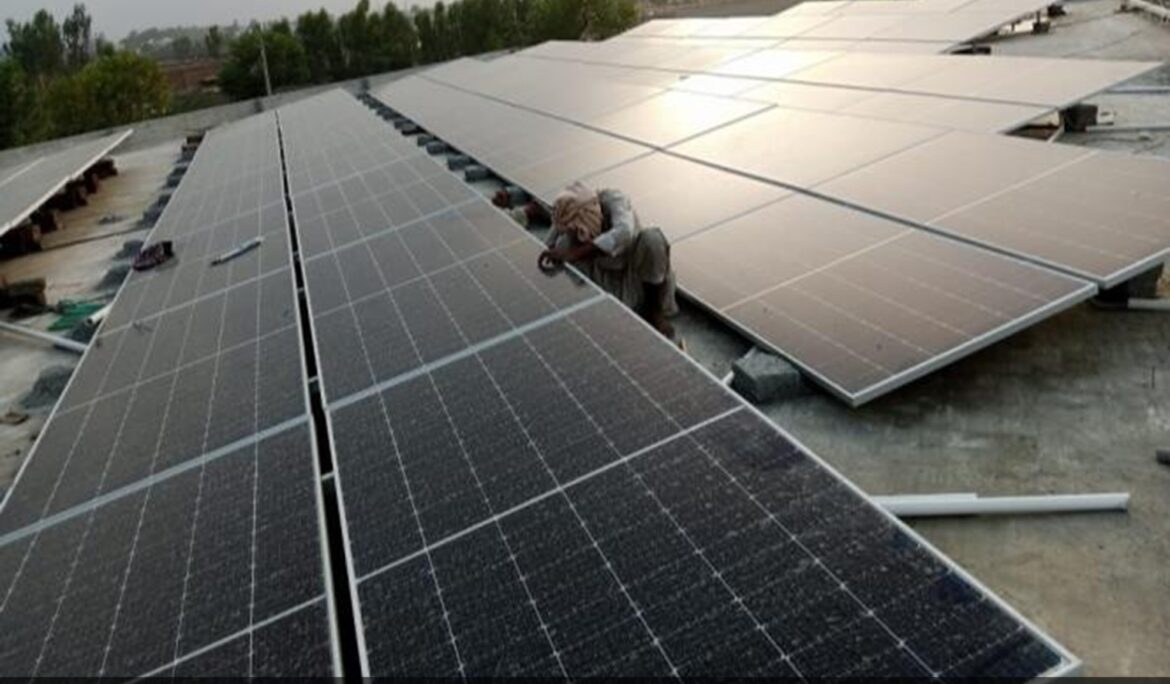
As an industrial business owner in Pakistan, transitioning to solar energy is one of the smartest decisions you can make for your company’s future. By installing the Industrial Solar System, you can significantly cut costs, increase energy security, and support environmental sustainability. Installing an industrial solar system
